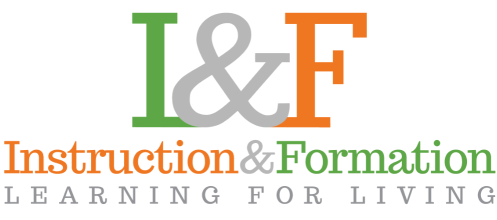Sporty Mentor
Mentoring as a tool to motivate young people with challenging behaviours to adopt a healthy lifestyle and engage in sports
SportyMentor is a European project dedicated to empowering young people with challenging behaviors.
By fostering a nurturing environment that integrates mentoring, sports, and eco-citizenship activities, the project promotes well-being and supports the personal growth of youth, enabling them to thrive and reach their potential.

Implemented by six partners from five European countries (France, Portugal, Ireland, Romania, and
Belgium), SportyMentor has created impactful resources to empower professionals working with
disadvantaged youth through mentoring, eco-citizenship, and innovative approaches.








